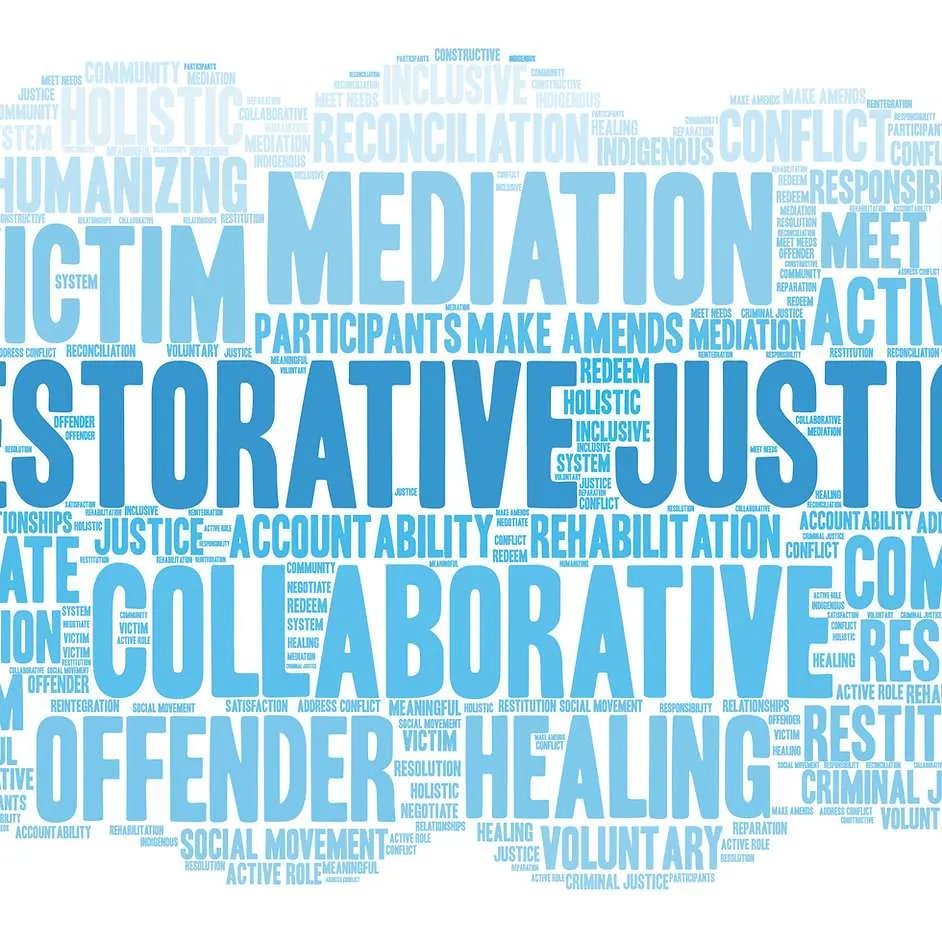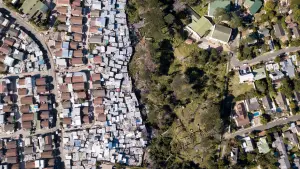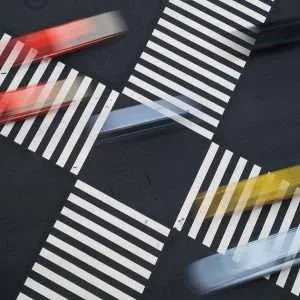Editorial Note:
This article on criminology and justice studies is being published on behalf of Applied Worldwide’s student essay competition. Students were prompted to respond to the question, “Why is sociology important?” We have awarded 16 finalists from all over the world, and have published these essays over a few weeks.
This essay was written by Natalia Maldonado from Humboldt State University in California, US. This essay received a third place award. We had a really great turnout and would like to thank everyone who submitted an essay. We received a wide variety of creative interpretations and responses, so browse our essay directory!
Natalia Maldonado – Criminology and Justice Studies
As a Criminology and Justice studies major, we encompass sociology in our work by learning about the sociological influences that affect crime and understanding criminal behavior patterns. Sociology focuses on the sociological factors: institutional and interpersonal relationships, and cultural surroundings, using them to explain the influence they have on communities and individual behavior.
The impact sociology has in my major is that I can use the sections it focuses on to understand the influences of criminal behavior within social relationships and interaction. It is interesting to see how sociology intersects with what I am doing right now and what I will be doing later in the future, the first being a Criminology major wanting to research criminal behavior in juveniles and the he second is later getting a Master’s in Social Work to become a licensed counselor for juveniles in probation departments.
To explain why sociology is important I will be exploring how sociology is impacting my daily life, and how it can benefit my career path.
Sociology, Criminology and Justice Studies
Sociology has been the central point in understanding why criminal behavior is possible without villainizing people first. When I first started in my major it seemed odd to have any sociology classes because I wanted to focus on criminals and why they do what they do. It did not occur to me that social factors can correlate to someone turning to criminal behavior. The class I took called Social Deviance explores what constitutes a label created, how is it reinforced, and by whom.
Not only that, but how labels that are deemed deviant can isolate a person or group causing those labeled to reinforce their behavior since the option to change was taken away. Another thing I learned is that our methods of research follow the sociology structure which has been easy to understand and perform. Using this structure in a class that I have taken on research methods, I proposed that I would like to explore Latinx students and community belonging on the college campus. What I learned in the class has impacted me greatly.
I worked with a professor who did some research with different companies in New Mexico. I helped in coding the information gained from surveys of each company and then created graphs and scales for the paper itself. Now this summer I will work once again with the professor in learning to format surveys using a different survey platform that can generate the information gained on its own.
How Sociology can Benefit a Career Path in Criminology and Justice Studies
There are two things I can see benefiting my career path. The first way this will benefit my career is that I will be using my degree to find a job in the probation department for juveniles to gain some experience before returning to college and work towards a Master’s in Social Work.
In getting both degrees I will be able to become a licensed counselor for juveniles in probation departments and work towards understanding the social factors that affect each juvenile and work towards a plan to help them. The second way this will benefit my career is to do research within the probation department. Following what I learned in my sociology research class I would hope to gain some funding by the department and/or researchers that want to learn more about juvenile rehabilitation. I would like to use restorative justice theory in the research to have a foundation on what we will be focusing on.
Restorative justice is used to bridge the juvenile to the community, owning up to their actions and who it hurts then working towards mending the hole that they created. In building this bridge you are allowing those affected by the juveniles actions to get some closure for what was done to them and having the juvenile understand how their actions affect not only the individuals that the act was committed against but the community as well because the livelihood was changed.
Conclusions
Sociology has been used as a partial framework for the criminology major in explaining criminals and criminal behavior through social factors. The impact that it has had on me is that, all four years of college sociology terms and methods were used in most of my classes in order to explain prejudice/racism, privilege, criminal behavior, research structures, etc.
What I learned in my classes helped me in my research class when selecting a topic to research which asked: “Are Latinx/Chicanx students feeling included in Latinx organizations at [Humboldt State University]? If not, why?” I asked this because our school like many is diverse these days which means organizations that form reflect the students’ interest and their representation.
The second impact sociology has had on me is that in my career path I hope to perform my own research in the probation department analyzing restorative justice and see if there is an impact on juveniles. Later completing a Master’s in Social Work in order to become licensed to counsel juveniles in the probation departments.







